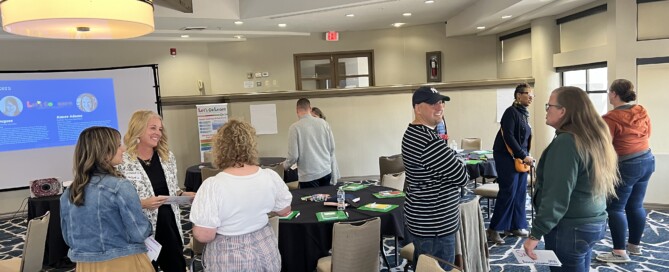Behavior Planning
Behavior Planning In today’s diverse classrooms, educators are called to support not only academic achievement but also social and behavioral development in students. Behavior Planning offers a proactive, structured approach to help students meet expectations, build positive habits, and thrive in school. Instead of reacting to challenges, behavior planning empowers teachers to anticipate










